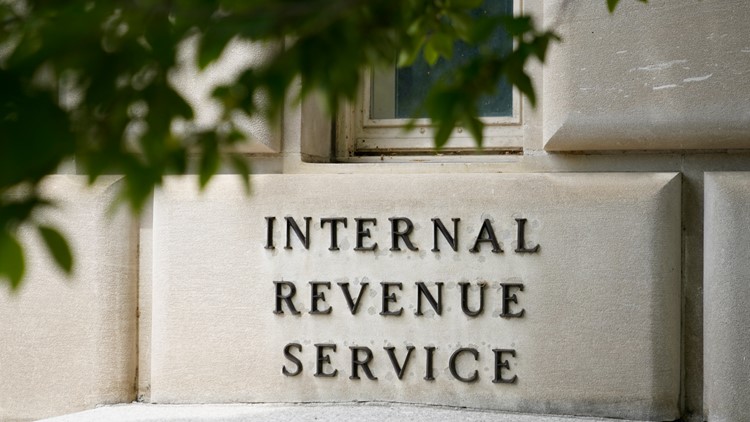WASHINGTON — As the new year rolls in, so does tax season.
The Internal Revenue Service will begin accepting and processing tax returns on Jan. 23, kicking off the 2023 tax season. Americans will have until April 18 to file their tax returns, granting them an extra three days from the usual deadline.
The extra days happened because the normal filing date of April 15 falls on a weekend and the District of Columbia’s Emancipation Day holiday falls on April 17.
More than 168 million individual tax returns are expected, according to the IRS. In order to accommodate and improve on previous tax seasons affected by the pandemic, the agency has hired more than 5,000 new telephone assistors and added more in-person staff to help taxpayers.
“This filing season is the first to benefit the IRS and our nation’s tax system from multi-year funding in the Inflation Reduction Act,” said Acting IRS Commissioner Doug O’Donnell. "While much work remains after several difficult years, we expect people to experience improvements this tax season."
The National Taxpayer Advocate reported Wednesday that the IRS watchdog is seeing “a light at the end of the tunnel” of the IRS' customer service struggles, thanks to the hiring of thousands of new workers and tens of billions of dollars in new funding provided to the IRS in the Democrats’ climate and health law.
The House Republican majority has promised to rescind the nearly $71 billion that Congress had provided the IRS, even though the bill they approved Monday is unlikely to advance in the Democratic-run Senate.
Despite the official Jan. 23 start date, many tax professional and software providers have begun accepting tax returns. Those will be sent to the IRS on Jan. 23 as the agency begins its processing.
Taxpayers requesting an extension will have until Oct. 16 to file.
Tips for the 2023 tax season:
Gather all your information before filing
The agency urges taxpayers to gather and organize 2022 tax documents such as Social Security numbers, Individual Taxpayer Identification Numbers, Adoption Taxpayer Identification Numbers and this year's Identity Protection Personal Identification Numbers.
Along with urging taxpayers to have all the right information before filing a return, the IRS is encouraging Americans to verify for tax credits such as the Earned Income Tax Credit.
With an accurate tax return, taxpayers can avoid delays or IRS notices down the line.
IRS Free File Available Jan. 13
The agency's IRS Free File opens Friday, Jan. 13 and allows taxpayers who made $73,000 or less in 2022 to file the taxes electronically for free using "brand-name software provided by commercial tax filing companies."
Free File forms are also available to any income level and provides free electronic forms that people can fill out and submit at no cost.
When can I expect my tax returns?
The IRS expects most taxpayers, those who chose direct deposit and had no issues, to receive their refund within 21 days of electronically filing their tax returns.
Taxpayers can check the agency's "Where's My Refund?" page on IRS.gov for a status on their refunds.
If you are awaiting a refund for the Earned Income Tax Credit or Additional Child Tax Credit, the IRS will not issue refunds until Feb. 28. Most EITC or ACTC refund statuses on the IRS website will be available starting Feb. 18, the agency urges.



